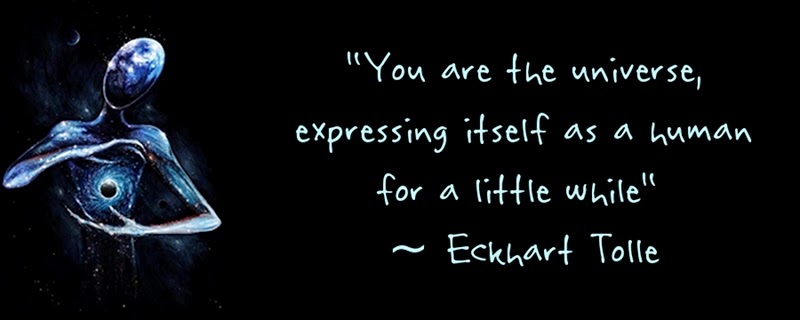DIL PUKARE, AAREY AAREY AAREY by Paromita Vohra
Now, when the weather turns hot and still, making the wisp that is the
Bombay winter a faint memory and the decision to buy a top floor house
feel like a mistake, I head for Aarey.
I have robust friends, hardy hearties who said they walked in Aarey
everyday. This I put down to wholesome extremism. As far as I knew Aarey
Milk Colony (what was it anyway? A toy town made of bulging milk
packets?) was somewhere in the wilds. Old people used to go there for
that arcane entertainment – picnics. Going so far to take a walk? Why
not pool in for a community treadmill?
Then I discovered the word pagdandi – the mud path near Fantasy Land
which led to a broken wall – when you slipped through it you were…where
were you? What was this place where the temperature dropped by a couple
degrees and there was nothing but creepers, trees and the odd lazy dog
(no, not me, a real dog)?
I approached Aarey gingerly, walking along the edges, keeping the
distant line of buildings always in sight, unlike my friends who “walked
till New Zealand”, which I assumed was some esoteric walkers metaphor.
The roads sloped up and down, lined by prehistorically dense thickets, a
moist and mysterious green. There were carpets of yellow summer flowers
on the path, orange rashes of gulmohars in the sky. Supposedly, there
was a lake somewhere, a café on the hill to the right but I was ok not
adventuring that far in.
Soon the silence and the beauty seduced me. The criss-cross lanes, the
abandoned buildings, the regular walkers with their fractional nods of
acknowledgment became familiar, reassured me into going deeper till I
reached New Zealand – the New Zealand Hostel for students of something
dairy. It marked a sort of mid-point. Past that you were heading to
Goregaon.
Aarey was a huge pool at the heart of the pavementless suburbs, us on
one bank, our Sai Baba complex friends on the other. A big apple you
could take chunky bites of at will, roaming randomly on a different
route each day.
For a while the less intrepid stopped going, because we were scared of
panthers. But perhaps the panthers and us need to fear the same people.
Now Aarey has a busy arterial road and a film studio so we have to enjoy
it in sections like an orange. Febrile developers nibble illegally at
its edges. Some ministers would like to make a meal of it – sell the
whole lot off to solve the city’s fiscal problems.
While we can, we trudge through this secret wonderland, this enchanted
wood which softens the city summer, quiets the troubled city heart.




